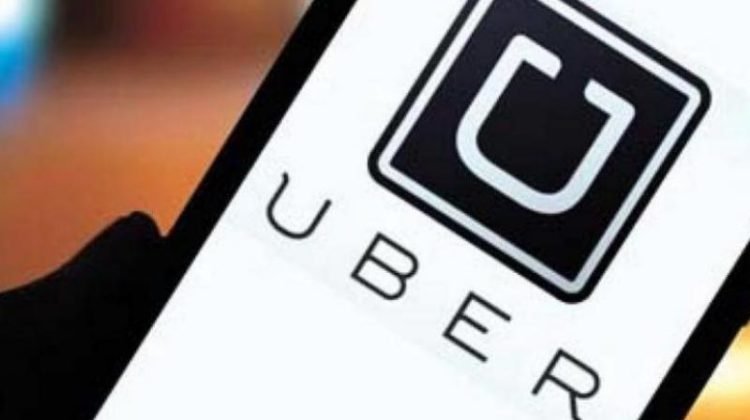Uber is reportedly preparing to sell its Southeast Asia business to Singapore-based Grab for a stake in the company, as per sources familiar with the matter. However, no such deal has been reached yet and the timing of any such deal still remains uncertain.
Grab renders private car, motorbike, taxi and carpooling services in over 100 cities across Southeast Asia. In 2017, the company had announced its intention to raise $2.5 billion from SoftBank and other prominent investors, and had claimed to have a 95 per cent market share in the cab hailing segment.
According to news reports, the likely sales move will emulate the strategy Uber employed in China, where it sold its ride hailing operations to its main competitor, Didi Chuxing for a 20 per cent stake in the company and Russia, where it merged its local business with Yandex’s cab-hailing operations for 37 percent ownership. According to sources who asked to remain anonymous since the discussions were confidential, the objective would be to enable Uber to rein in its costs in preparation of an IPO, which will take place as soon as next year.
Since taking over the reins in August 2017, the current Uber CEO, Dara Khosrowshahi has been concentrating on cleaning up the ride-hailing giant’s battered reputation and instilling financial discipline to drive the company toward profitability, as the company’s losses surged 61 per cent in 2017 to $4.5 billion according to a report released last week, although its losses in the fourth quarter had narrowed from those incurred in the prior period.
A partnership with Grab would also aid Softbank’s efforts to exercise greater control over the global ride-hailing market. In January, the Japanese conglomerate acquired an approximate 15 per cent stake in Uber, mostly via purchasing shares from existing investors. In addition to this, Softbank owns shares in Uber’s main competitors like Grab, Didi Chuxing, India-based Ola, and Brazil-based 99. Furthermore, it has also publicly expressed interest in Lyft, which is Uber’s main rival in the US.
At the Goldman Sachs Technology and Internet Conference in San Francisco, Khosrowshahi stated that competing against local players was particularly very hard. “I think the team ran through an inventory of where we competed, and if we compete on let’s say even on a dollar-for-dollar basis against the local player, paying the same amount to drivers, collecting the same amount from riders, in general where we are now is, if both players are kind of spending equally we tend to win share. We’ve got a better brand; we’ve got better technology, better network, etc. Whatever it is, we tend to win share. There’s certain markets, China, and Russia, where that wasn’t true. And if your only competitive advantage, or the only reason you can be in a market is because you can spend money, that’s not exactly a reasonable proposition.” he said. Khosrowshahi also stated the company’s ambitions, which included trying its hand at food delivery, autonomous vehicles, buses and two-wheelers.
In November last year, while citing industry sources, Reuters reported that an investment by Softbank in Uber would allow the company to consolidate some of its ride-hailing assets across Asia. An Uber investor had told Reuters that shutting down its Southeast Asia unit would allow the company to “print money” and make the IPO a more realistic idea.
However, both Uber and Grab declined to comment on the possible deal.



work jazz
Scrap Copper wire recycling
I don’t think the title of your article matches the content lol. Just kidding, mainly because I had some doubts after reading the article.
Thanks for sharing. I read many of your blog posts, cool, your blog is very good.
Your point of view caught my eye and was very interesting. Thanks. I have a question for you.
Your article helped me a lot, is there any more related content? Thanks!